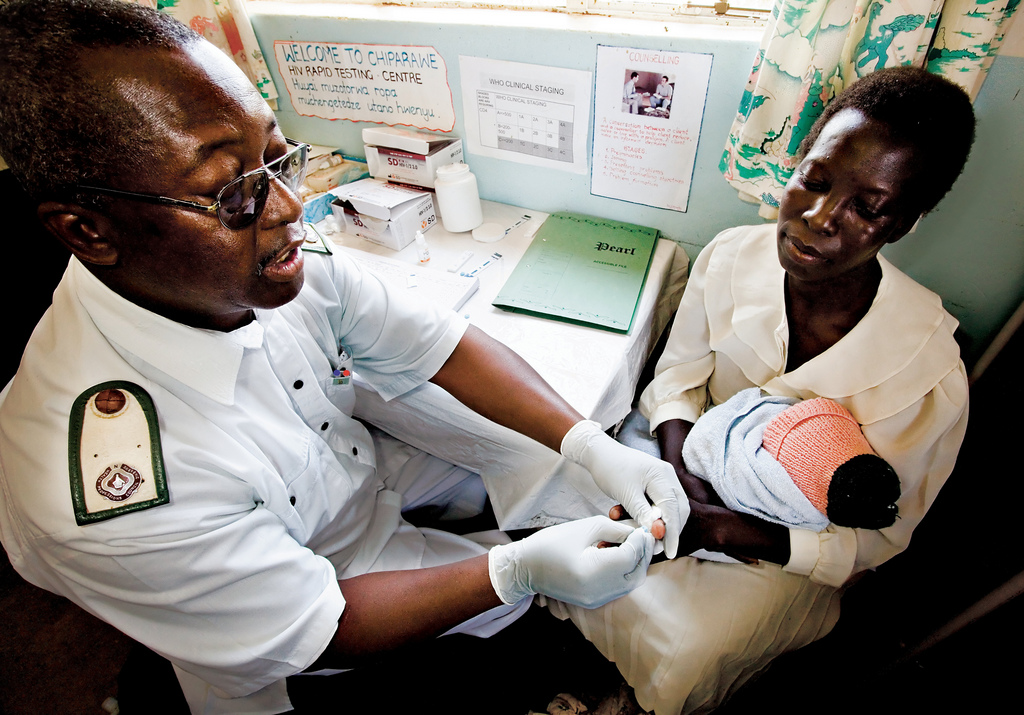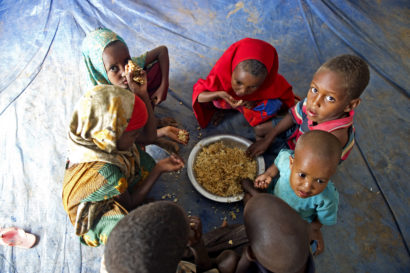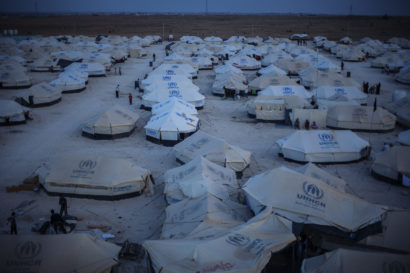Tag: Health
This study is part of the work undertaken by the Digital Access Programme (DAP) which is a UK Government partnership between Foreign, Commonwealth and Development Office (FCDO) and the Department for Digital, Culture, Media & Sport (DCMS). The programme is aimed to support inclusive, affordable, but also safe digital access for underserved communities to increase… Read more
The K4D professional development Reading Packs provide thought-provoking introductions by international experts and highlight the emerging issues and debates within them. They aim to help inform policies that are more resilient to the future. For any enquiries, please contact [email protected] The current malaria burden Great progress has been made in reducing the global burden of malaria… Read more
The K4D professional development Reading Packs provide thought-provoking introductions by international experts and highlight the emerging issues and debates within them. They aim to help inform policies that are more resilient to the future. For any enquiries, please contact [email protected] Introduction The concept of neglected tropical diseases (NTDs) emerged more than a decade ago and has… Read more
The K4D professional development Reading Packs provide thought-provoking introductions by international experts and highlight the emerging issues and debates within them. They aim to help inform policies that are more resilient to the future. For any enquiries, please contact [email protected] Key concepts HIV (human immunodeficiency virus) is a viral infection of humans that can be transmitted… Read more
Although there are options available for building health workers’ and health policy makers’ capacity to become stronger leaders (i.e. as public health leaders or managers), there is little evidence that specific training or courses lead to sustainably better leadership and management skills. It is argued that the most effective types of capacity building processes to… Read more
There are many evidence gaps in the delivery of humanitarian food/nutrition aid. Evaluation of the relative cost‐effectiveness of dietary response projects is confounded by the fact that different projects can have different objectives (USAID, 2015). Ethiopia has made progress in meeting emergency needs, including through the Government of Ethiopia-led Productive Safety Net Programme (PSNP), which… Read more
Solid waste and faecal sludge management in situations of rapid mass displacement are important to public health and providing for a better environment. Despite this, both have been neglected in WASH programmes, which tend to have a focus on water. However increasing efforts are being made to find solutions to challenges in solid waste and… Read more
This rapid review report has identified the wastewater treatment plant (WWTP) options used in emergency settings, with decentralised wastewater treatment systems (DEWATS) and mobile wastewater treatment units performing most effectively and with minimal costs. Examples are taken from refugee camps and internally displaced people (IDP) settlements due to the Iraq war, the Israeli-Palestine conflict, and… Read more
A rapid review of the literature has found a selection of innovative WASH options available for situations of severe population overcrowding and limited spaces. Case study information was collated from African, Middle Eastern, South Asian and Caribbean countries. As requested, a number of experts were consulted for their opinion where there was a lack of… Read more
This report is a general overview of lessons learned about delivery mechanisms from school health programmes. Results are ordered by type of educational institution (primary, secondary, tertiary i.e. representing different age groups and needs), where available. Evidence on school health programmes is stronger for developed/higher income countries than low and middle income/developing countries. Limited information… Read more
This report focuses on the evidence on the health, economic and other benefits of investing in family planning. Family planning allows people to attain their desired number of children and determine the spacing of pregnancies. It is achieved through use of contraceptive methods and the treatment of infertility (WHO 2015). A large and growing body… Read more









